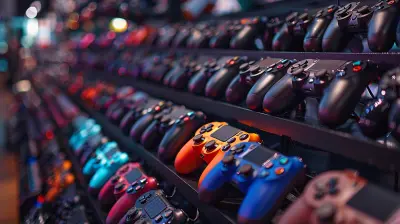Talent vs Teamwork: What Truly Wins Esports Championships?
3 July 2025
There’s always been this burning debate in esports: Is it raw talent or team synergy that ultimately separates the champions from the rest? It’s kind of like asking, “Would you rather have a team full of superstar players or a well-coordinated squad?” The answer isn’t as black and white as you might hope. The truth lies buried in the nuances of gameplay, team dynamics, and the competitive grind of esports tournaments. So, which one truly matters more when it’s crunch time? Let’s dive into it.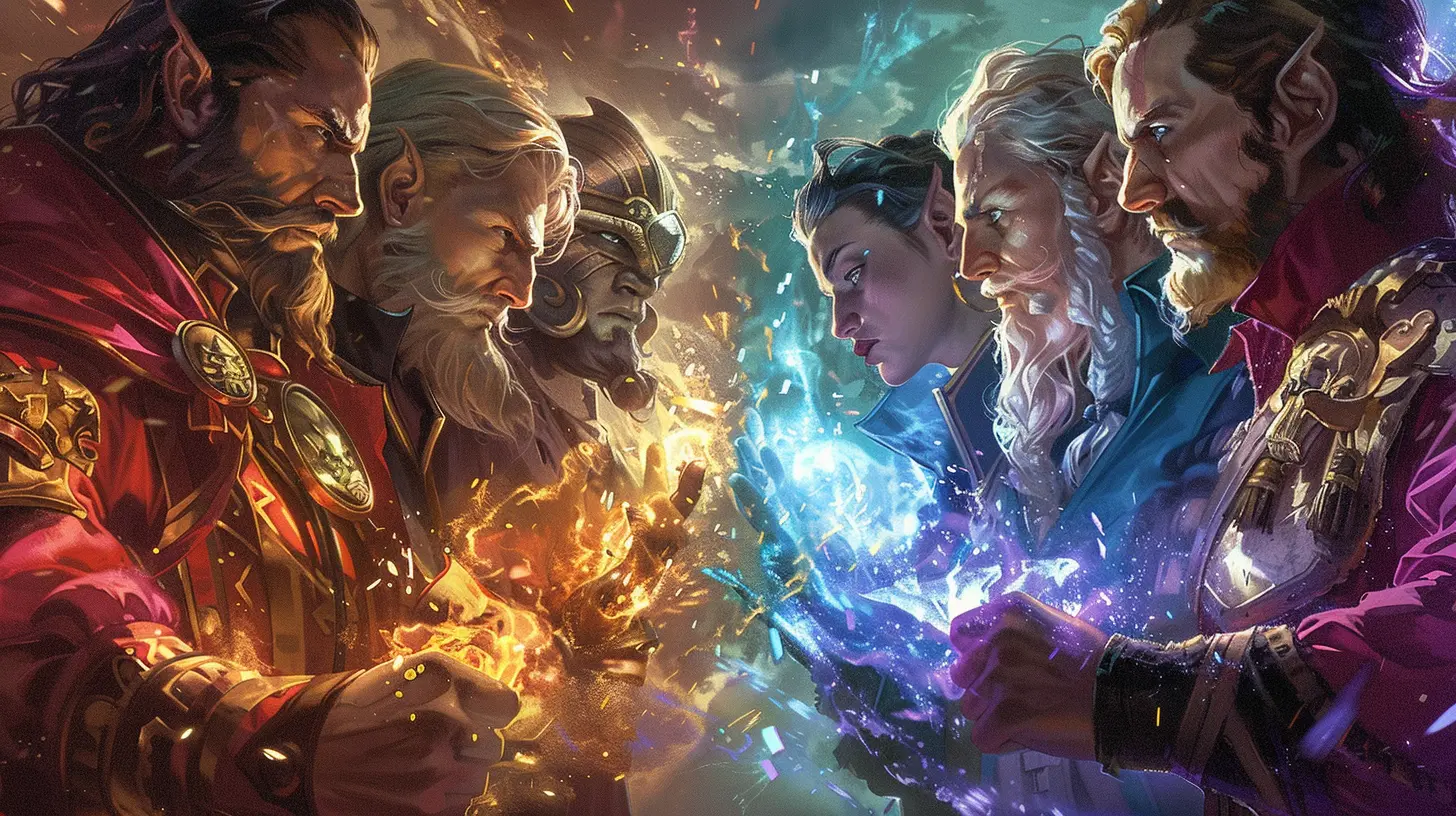
Defining the Terms: Talent vs Teamwork
First off, let’s make sure we’re on the same page. Talent and teamwork are often thrown around, but they’re not interchangeable.- Talent is the raw, natural skill of a player. Think of it as the player’s ability to do things others can’t. Insane reaction times? Check. Godlike aim? Double-check. Whether it’s pulling off those high-risk, high-reward plays or consistently dominating 1v1s, talented players shine like a supernova.
- Teamwork, on the other hand, is the glue that holds a squad together. It’s the ability to communicate effectively, trust your teammates, and, most importantly, function as a cohesive unit. It’s how five (or however many) players work like a single, well-oiled machine to execute plays, cover each other’s weaknesses, and adapt to the chaos of a game.
So, which one is the secret sauce for winning esports championships? Let’s break it down.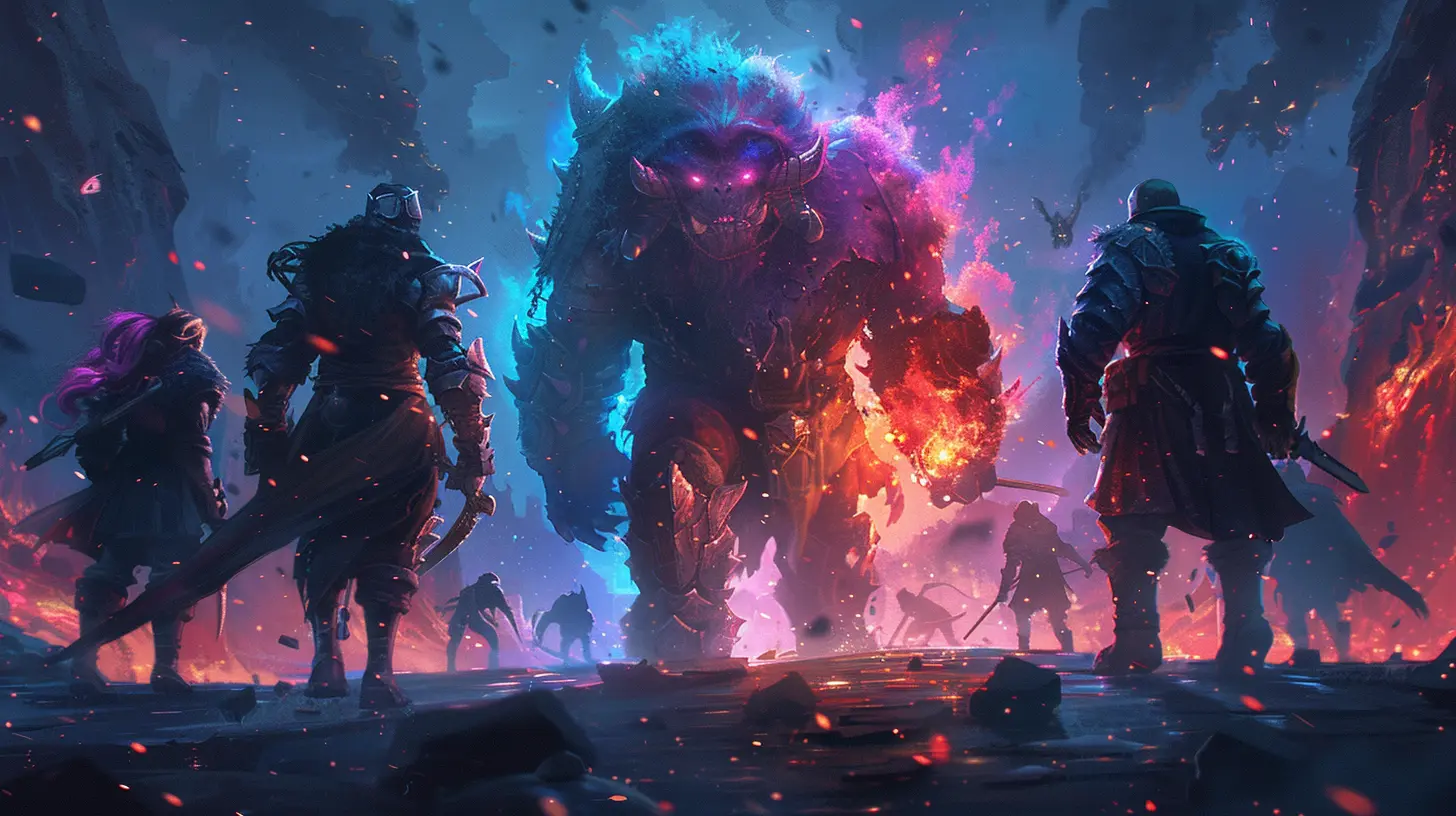
Talent: The Superstar Edge
If we’re being honest, talent is flashy, and it’s what typically grabs your attention first. Think about players like Faker in League of Legends, s1mple in CS:GO, or TenZ in Valorant. These guys seem like they were just built differently, right? Their insane mechanics and out-of-this-world reflexes make you wonder if they’re even human.Why Talent Matters:
1. Game-Changing PlaysTalented players have the ability to change the course of a match single-handedly. When the chips are down, you want someone who can pull off the impossible—a clutch 1v3, a perfectly timed skill shot, or some god-tier outplay.
2. Consistency Under Pressure
Championships are won and lost on the grandest stages, and that’s when nerves creep in. Talented players deliver even when the stakes are at their highest. They thrive under pressure, performing like it’s just another day at the office.
3. Star Power and Morale Boost
A superstar can rally a team. When you have someone popping off, it can lift everyone’s spirits and fuel momentum. Plus, opponents? They’re probably shaking in their boots.
But here’s the catch: Talent isn’t everything. A team stacked with all the best players doesn’t guarantee a win. Why? Because talent without teamwork is like having a sports car with no gas—it looks cool, but it’s not going anywhere.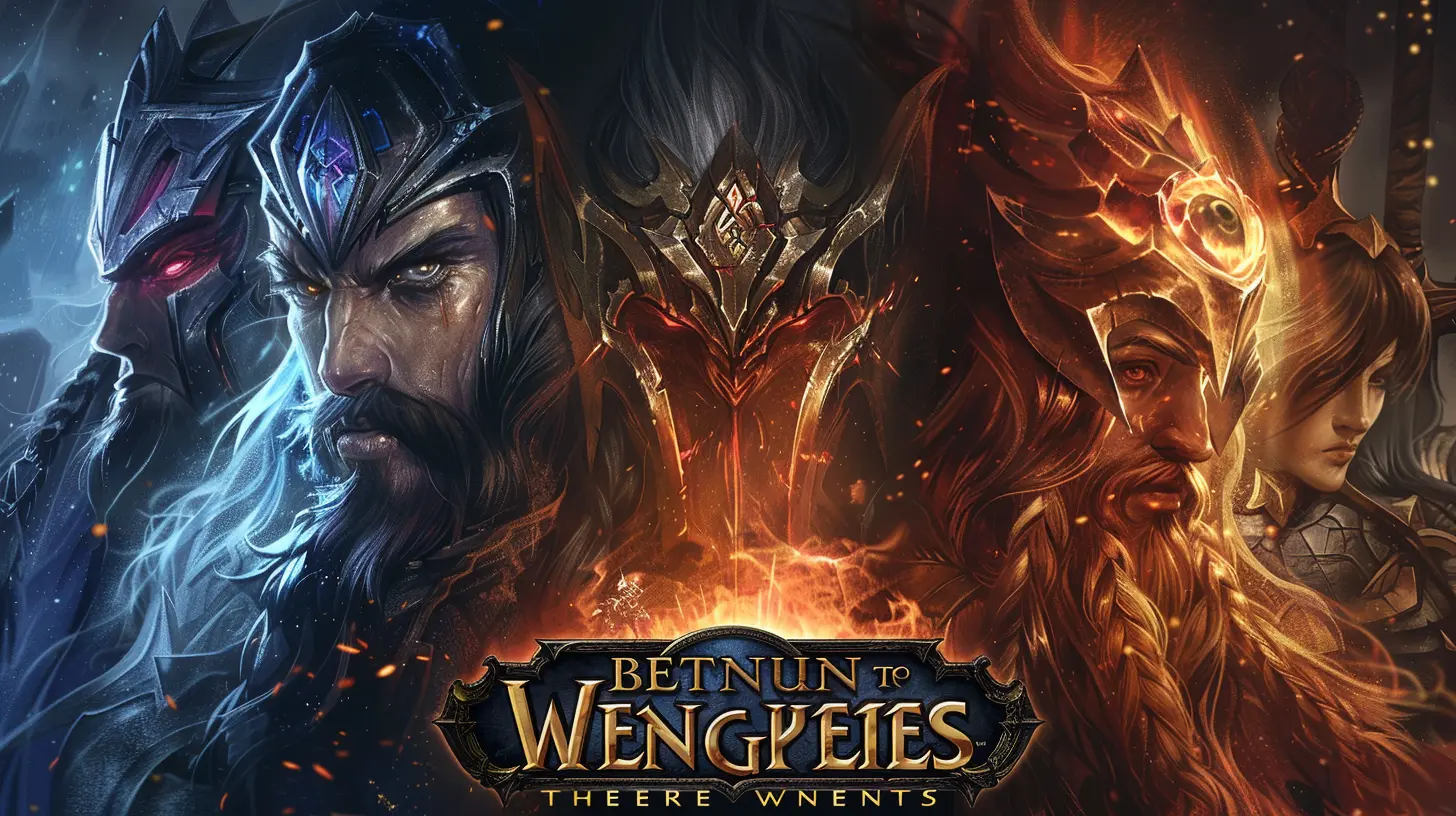
Teamwork: The Unseen Hero
While talent grabs the spotlight, teamwork quietly works behind the scenes, often going unnoticed—until it doesn’t. Have you ever seen a team of "no-names" take down a roster of big-name players? That’s teamwork at its finest.Why Teamwork Wins Games:
1. Cohesion Trumps Individual BrillianceA team that communicates and coordinates well will almost always beat a team of solo superstars. Why? Because esports aren’t 1v1 duels (unless we’re talking about fighting games). They’re about strategy, timing, and synergy. A well-timed flashbang from a teammate can mean the difference between clutching a round or losing it.
2. Adaptability
When things don’t go according to plan—and trust me, they rarely do—teamwork shines. A coordinated team can adjust their strategy on the fly, pivoting when the enemy counters their plays. That’s something raw talent, on its own, can’t do.
3. Covering Weaknesses
No player, no matter how talented, is flawless. But a team can make up for individual shortcomings. If someone’s having an off day, teamwork ensures that gaps are filled and the ship keeps sailing.
4. Psychology & Trust
Esports are as much a mental game as a physical one. Trusting your teammates builds confidence. When a squad has each other’s backs, it’s easier to stay calm and composed under pressure. 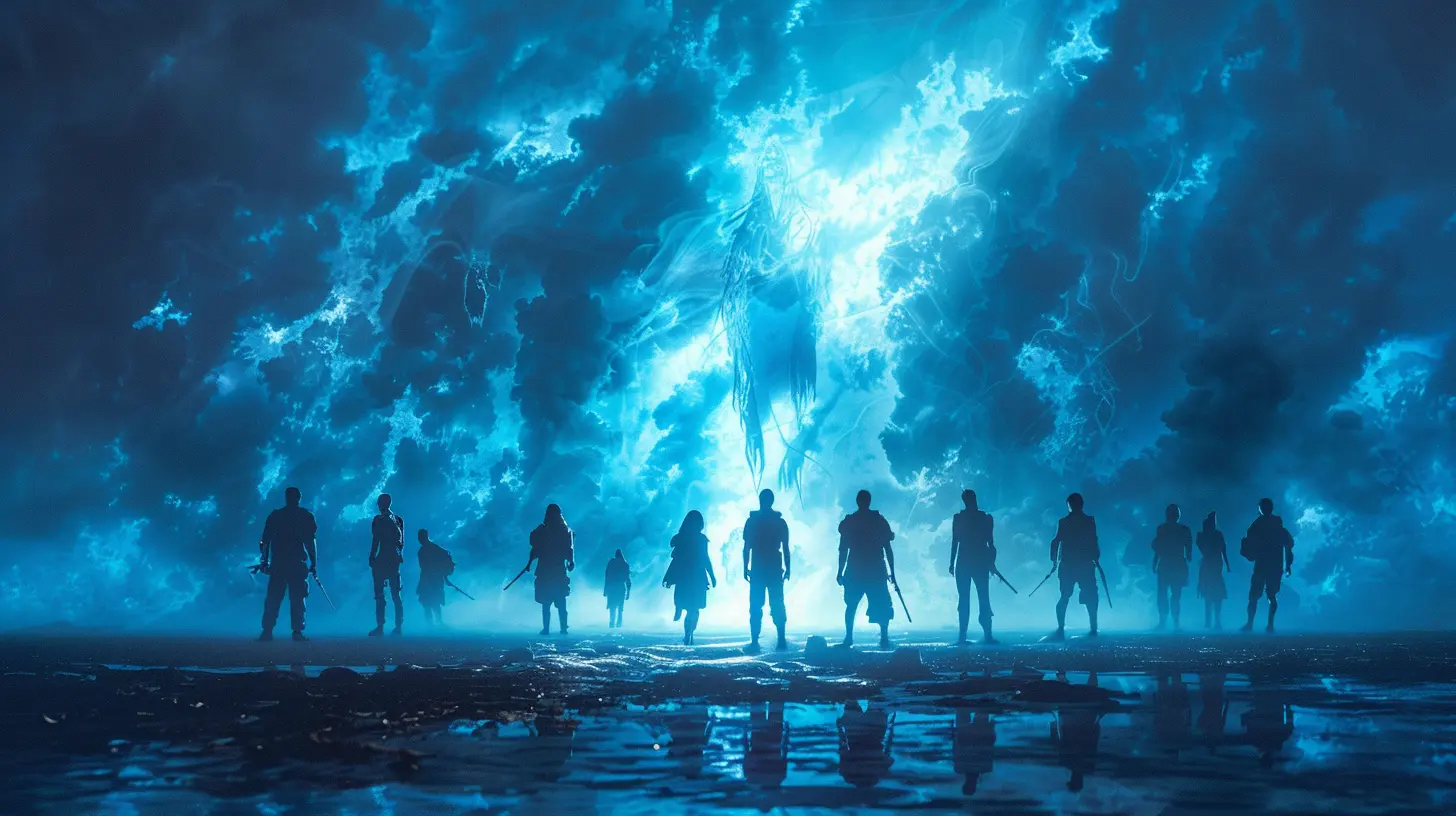
The Perfect Balance: Talent AND Teamwork
So, what’s the magic formula? It’s both talent and teamwork. Yeah, I know, that sounds like a cop-out answer, but hear me out.Look at the greatest teams in esports history—whether it’s Astralis in CS:GO, T1 in League, or OG in Dota 2. What do they all have in common? A perfect blend of raw skill and impeccable team coordination. They’re proof that neither talent nor teamwork can win championships on its own—they’re two sides of the same coin.
Here’s why the balance matters:
- Talented players thrive within a system. Without teamwork, their brilliance often goes to waste.
- A coordinated team becomes unstoppable when it includes exceptionally skilled individuals.
In fact, some teams intentionally build around this idea. Coaches and analysts work tirelessly to identify roles, strengths, and weaknesses to create a roster that’s more than the sum of its parts. It’s like cooking a dish—you need the right ingredients (talent) and the right chef (teamwork) to create something truly special.
Case Study: Astralis in Counter-Strike
Astralis is one of the best examples of the synergy between talent and teamwork. Sure, they had some of the most mechanically gifted players of their time, but what made them dominate the CS:GO scene was their strategic depth. They mastered utility usage, had near-flawless communication, and played the mental game better than anyone else. The result? A team that redefined what it meant to play as a unit in esports.Why Teams of Talented Players Sometimes Fail
Ever heard of the saying “too many cooks spoil the broth”? Well, in esports, too many superstars can spoil the team. When everyone’s trying to be the hero, there’s often little room for coordination. Egos clash, communication breaks down, and before you know it, the team falls apart.Take some superteam rosters as an example. They look unbeatable on paper, but when the gameplay starts, their lack of cohesion often shows. It’s proof that talent alone is not enough to reach the finish line.
How to Build a Championship Team: Lessons from Esports
1. Scout for Potential, Not Just Raw TalentTeams should focus on players who fit their system, not just those with insane stats.
2. Prioritize Communication
A team that can talk through their mistakes and adjust during gameplay has a massive edge.
3. Skill Coaches and Analysts Matter
Behind every successful roster, there’s usually a support staff dedicated to ironing out flaws and enhancing synergy.
4. Adaptability is Key
Esports evolves quickly. Teams that refuse to adapt—whether it’s to a patch, a meta shift, or a new strategy—tend to fall behind, no matter how talented they are.
Final Verdict: What Truly Wins Esports Championships?
If you came here hoping for a definitive answer, I’m sorry—it’s not that simple. Talent brings the firepower, but teamwork turns that firepower into victories. The most successful esports teams are those that strike the perfect balance between the two. They don’t just rely on one superstar to carry them—they grind together, learn from each other, and adapt as a unit.So, the next time you’re watching an esports championship, ask yourself: Is this a team of individuals, or is this an actual team? Because at the highest level, the difference couldn’t be clearer.
all images in this post were generated using AI tools
Category:
Esports TeamsAuthor:

Lucy Ross
Discussion
rate this article
2 comments
Nathan Jordan
True championships are forged in teamwork, where talent shines brightest when united. Together, we achieve greatness! Keep pushing the limits!
November 6, 2025 at 5:06 AM

Lucy Ross
Absolutely! Teamwork amplifies individual talent, creating a synergy that drives success in esports. Together, we elevate the game!
Maxine McMillen
In the dance of pixels, where talent shines bright, teamwork weaves champions, igniting victory's light.
July 7, 2025 at 3:56 AM

Lucy Ross
Thank you! I love how you captured the essence of synergy in esports—talent is vital, but teamwork often drives teams to victory.

